Faculty

Pieter Desmet
Desmet introduced cognitive emotion theory to the domain of design research, and is board member of the International Design and Emotion Society. Desmet was recently awarded a five-year personal grant for research that aims to understand the nuances of positive emotions in human-product interactions.
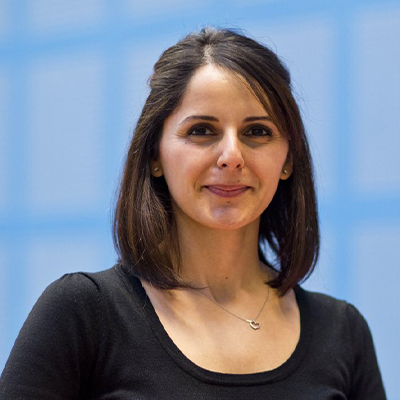
Değer Özkaramanlı
Deger is an assistant professor at Faculty of Industrial Design Engineering, Delft University of Technology. She is fascinated by the richness of dilemmas people experience in daily life. That’s why as a designer and researcher, she has developed dilemma-driven design, which she still pursues in her work. Her aim is to advance knowledge and methods that can address the ethical and political questions that arise in design processes through a focus on design dilemmas. Deger’s work spans the full spectrum of design knowledge from theory to practice as she firmly believes that these two aspects can inform and inspire each other. She often works with qualitative and participatory research methods and adopts a phenomenological and critical stance in studying design practices.
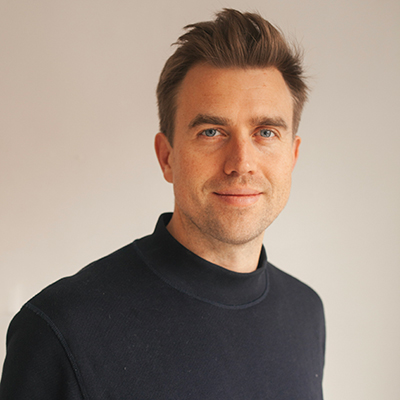
Derek Lomas
Derek is the principal researcher of the Positive AI project ─ systems for education and psychological well-being. He runs experiments to investigate theories of human value, including learning, motivation, aesthetics and well-being. Derek has a degree in Cognitive Science (Yale University, BA, ’03), Social Design (UC San Diego, MFA, 2009) and Human-Computer Interaction (Carnegie Mellon, PhD, 2014) with a certification in Interdisciplinary Education Research (Institute of Education Sciences, 2014). He received his postdoctoral training at the UC San Diego Design Lab with Dr. Donald Norman in 2015-2016. In his design practice, he helps large organizations use data for continuous improvement.
Doctoral candidates
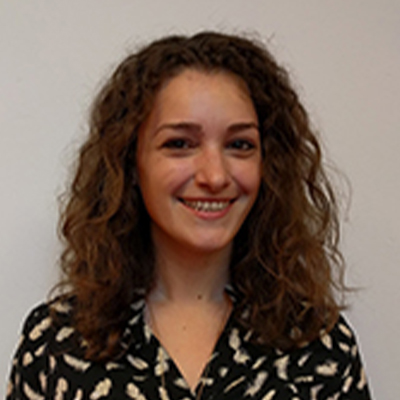
Michelle Johnson
Michelle is an external PhD candidate at TU Delft based in Salzburg. She has a background in Industrial Design Engineering and Strategic Product Design. Her research focuses on increasing well-being through acts of kindness, and the role that design has in supporting such behaviours. She aims to integrate principles from positive design and design for behaviour change in designing user experiences to promote and sustain acts of kindness that result in individual and the other’s well-being.

Steffen Ristau
Steffen Ristau is a PhD candidate at the Faculty of Industrial Design Engineering exploring Experience Design in Product Innovation Management. Steffen is coming with a strong background in innovation practise. After more than 10 years in various positions along the whole innovation chain, he felt the need to find an answer to the challenges he was confronted over and over, leading finally to his PhD research.

Zhuochao Peng
Zhuochao is a PhD candidate at the Faculty of Industrial Design Engineering. He is a design researcher passionate about exploring how design/technology can shape and support emotional experience and well-being. His doctoral research seeks to develop a comprehensive understanding of mood-focused design, an emerging yet largely undefined area within the domain of experience design. Zhuochao has a background combining design and engineering: for his M.Eng., he studied Industrial Design at Hunan University (Changsha, China), while for his B.Eng., he studied Mechanical Engineering at Hebei University of Technology (Tianjin, China).
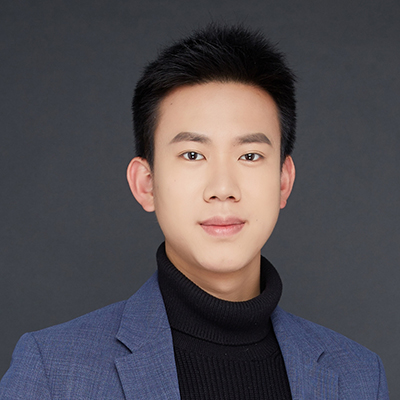
Antong Zhang
Antong is a PhD student at the Faculty of Industrial Design Engineering. He has a background in Digital Media Arts (Beijing Normal University). His PhD project is mainly about AI-Supported Design for Human Fundamental Needs; the overall aim is to develop design approaches that combine the science of fundamental human needs with the capabilities of AI. His research focuses on fundamental needs and AI-supported design methods, seeking to create practical, AI-supported tools that enable designers to consciously design for human flourishing. Besides, his research interests also include digital arts and media design.
Master students

Yunzheng Li is a Strategic Product Design student at the Delft University of Technology. Previously, she obtained her bachelor’s degree in Marketing with a minor in Experience Design at Northeastern University in the USA. She believes design should harness technology to support human flourishing and emotional wellbeing. She is driven by curiosity about what truly matters to people and how to create meaningful connections through design. Currently, she is working on a project exploring how conversational AI can help young adults navigate emotional challenges in intimate relationships.

Homa is a graduate student from the University of Tehran. Previously, she studied Industrial and Product Design with a focus on developing design approaches that create comforting, meaningful, and supportive interactions for vulnerable users. She approaches design as a way to understand people’s lives and recognize what truly matters to them. She believes design reveals opportunities for thoughtful intervention and can create interactions that bring comfort, support, and meaning to everyday physical and emotional experiences.
Honorary members
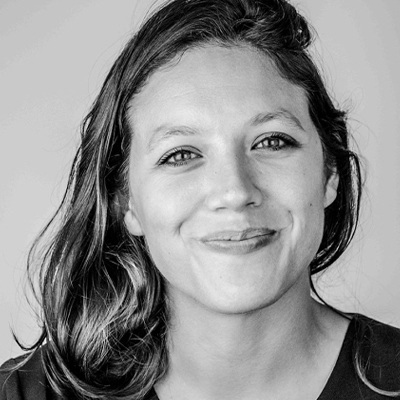
Beatrijs Voorneman works on the domain of positive emotions and well being from a design perspective. In her Master thesis ‘Improving the welfare of pigs’ she discovered a new field within this domain: design for animal welfare. In 2011 and 2012, Beatrijs was the project manager of the DIOPD.
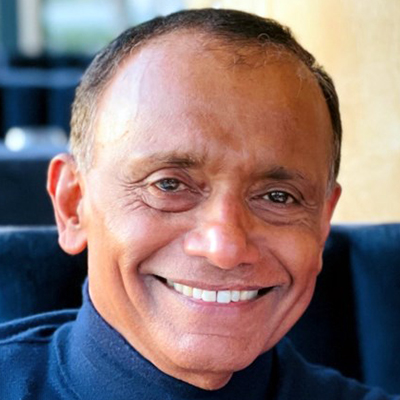
Eapen George, the former V.P. R&D for Innovation at PepsiCo, brought a wealth of experience and passion to our collaborative efforts. With a keen focus on creating brands and products that evoke positive emotions, Eapen was dedicated to the belief that the right narrative can shape powerful sensory signatures for core brands. Through his company, Round Feather, Eapen envisioned and worked towards establishing a global network of like-minded individuals, fostering projects worldwide that applied the principles of positive design. While Eapen is no longer with us, his impactful contributions and visionary spirit continue to inspire our collaborative initiatives.

Jaya Kumar is former president of PepsiCo’s global nutrition group. He is currently senior vice-president for strategy in Asia of Mondelez International (an American multinational confectionery, food and beverage conglomerate), heading the Southeast Asia division.
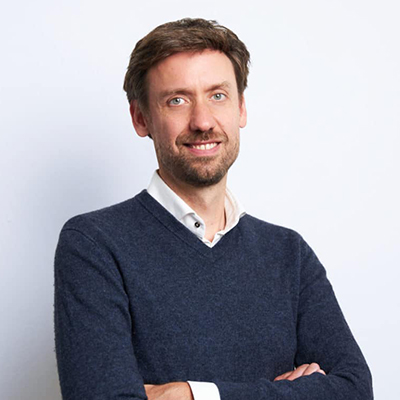
Dr. Steven Fokkinga, who completed his Ph.D. and served as a Post-doctoral researcher at the Faculty of Industrial Design Engineering at Delft University of Technology (NL), is a distinguished expert in the field. As co-founder, he played a crucial role in establishing the Delft Institute of Positive Design. His research spans across emotion and mood theory, conceptual design, and the integration of emotional richness into user experiences. As Managing Partner of Emotion Studio, a prominent research and innovation agency based in Rotterdam, Steven actively contributes to advancing the intersection of design, emotion, and well-being.

Anna Pohlmeyer’s background is in psychology (Humboldt University Berlin). Furthermore, she completed her PhD research in engineering design at TU Berlin and the University of Luxembourg. Her thesis focused on early phases of product development in the design of human-technology interaction. Prior to her doctoral studies, she worked at MIT AgeLab on ideas and technologies that can improve quality of life across the lifespan. As assistant professor at TU Delft, she investigates theoretical and empirical aspects of design-mediated well-being.
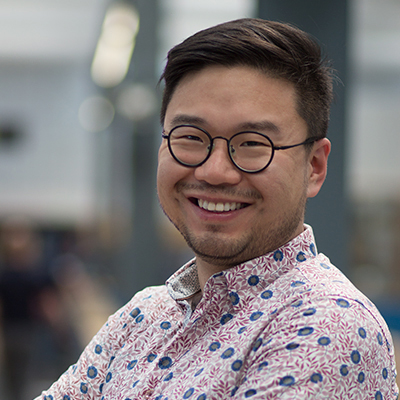
Haian is an assistant professor at Faculty of Industrial Design Engineering, Delft University of Technology. Previously, he worked at DIOPD as a post-doc researcher for the ‘Design for Mood Regulation’ project funded by NWO. His research interests include design for experience, positive design for well-being, and alternative (artistic/humanistic) epistemology and methodology. Before joining TU Delft, he had worked as a design researcher and teacher at several design schools in Finland, the UK and the USA. He holds a Doctor of Arts (the Finnish equivalent of PhD in Design) from Aalto University School of Arts, Design and Architecture.



